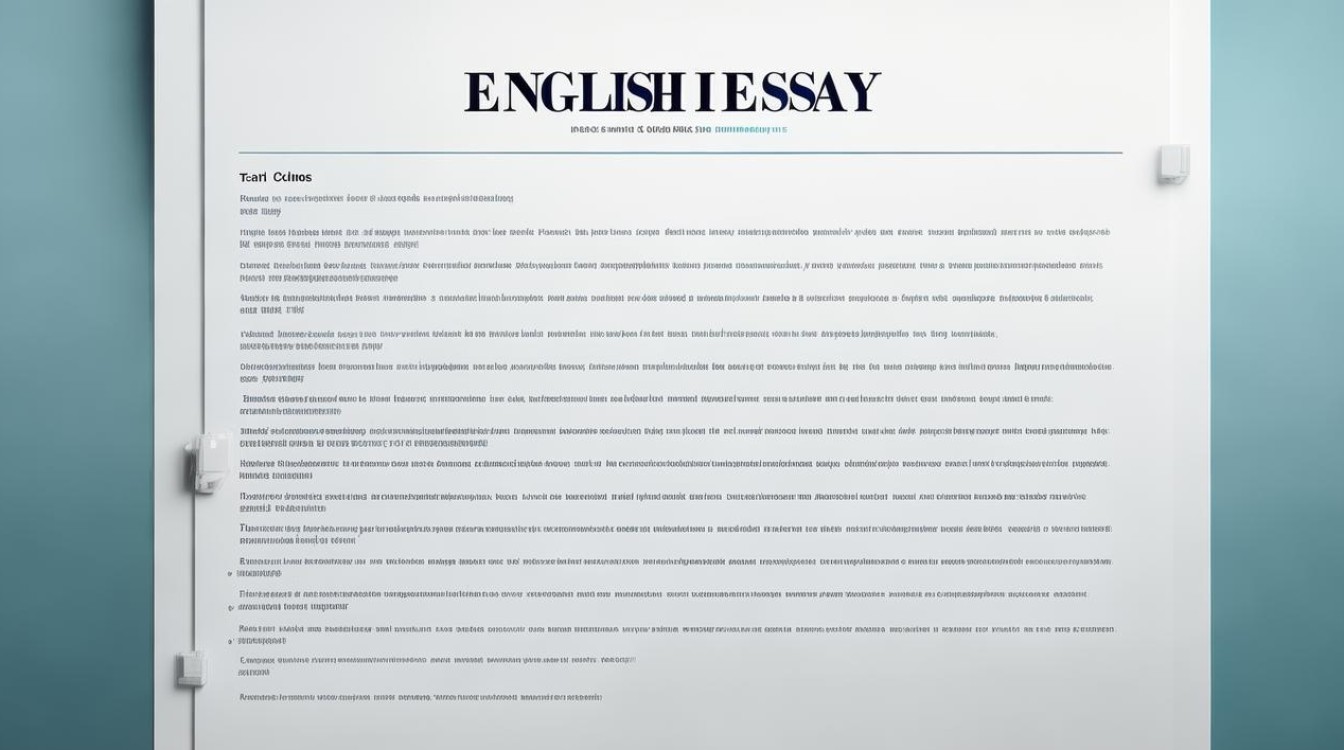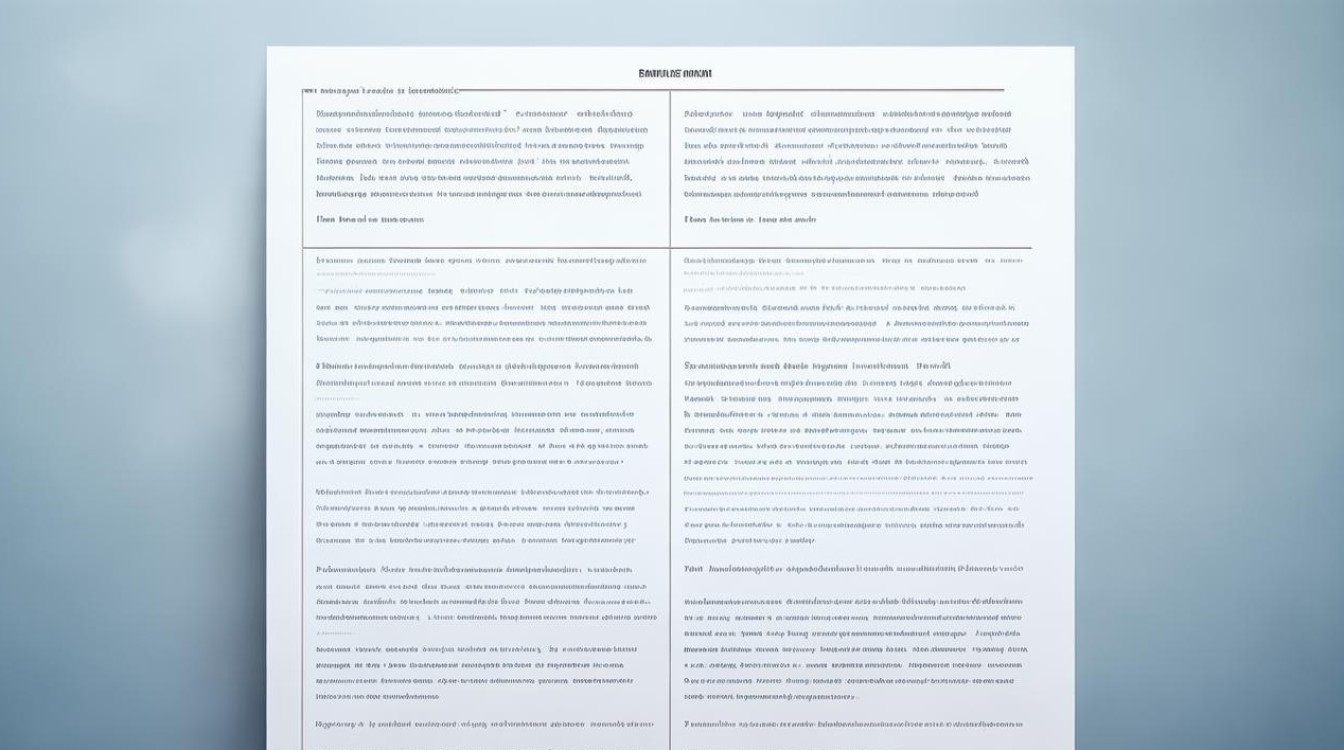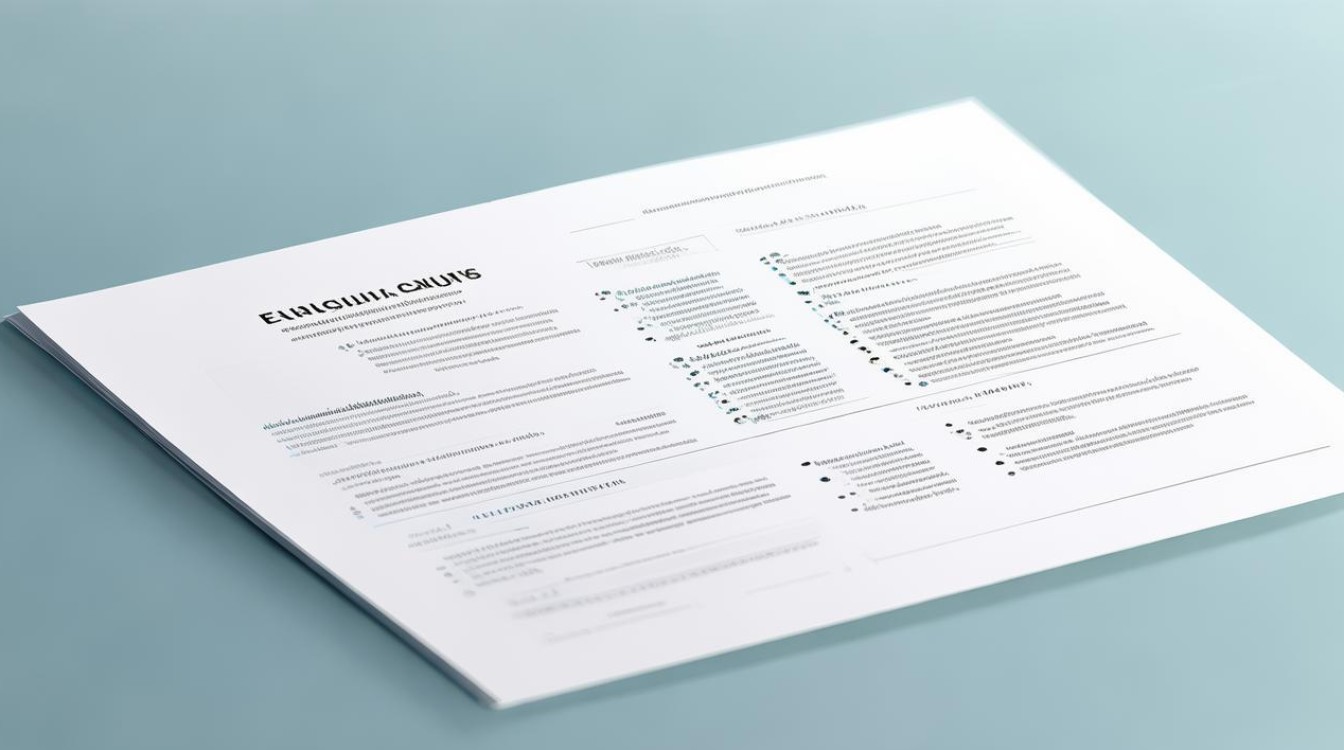在学术写作或英语考试中,表达清晰的观点是得分关键,无论是雅思、托福还是日常议论文,掌握一套逻辑严谨的模板能显著提升文章质量,以下从结构框架、过渡技巧和经典句型三方面,提供可直接套用的方法论。

核心结构:四段式黄金布局
引言段(Introduction)
避免空洞的开场白,直接切入主题,推荐「背景+争议+立场」公式:
- 背景句:用数据或现象引出话题。
例: "With 60% of global companies adopting remote work, debates over its efficiency intensify." - 争议句:指出对立观点。
例: "While some argue it reduces productivity, others believe it enhances work-life balance." - 立场句:明确表达观点。
例: "This essay contends that flexible work models ultimately benefit both employees and employers."
主体段1(Main Body 1)
聚焦核心论点的第一层论证,采用「观点+论据+分析」结构:
- 观点句:直接陈述分论点。
例: "Remote work boosts employee satisfaction by eliminating commute stress." - 论据:引用研究或实例。
例: "A 2023 Stanford study revealed a 20% happiness increase among telecommuters." - 分析:解释论据如何支撑观点。
例: "This psychological benefit translates to higher engagement, disproving productivity concerns."
主体段2(Main Body 2)
深化论证或引入对立视角,使用「让步+反驳」策略增强说服力:

- 让步句:承认反方合理性。
例: "Admittedly, virtual collaboration may initially hinder team cohesion." - 反驳句:用转折推翻反方。
例: "However, tools like Slack and Zoom now enable real-time interaction, bridging this gap effectively."
结论段(Conclusion)
避免简单重复,通过「重申+升华」留下深刻印象:
- 重申立场:换句式强调核心观点。
例: "The evidence overwhelmingly supports remote work as a win-win solution." - 升华句:提出建议或展望。
例: "Embracing this trend will define competitive workplaces in the post-pandemic era."
衔接技巧:自然过渡的5种方式
机械的"Firstly/Secondly"会降低流畅度,尝试这些高阶过渡:
- 逻辑衔接词:
- 因果:Consequently, thereby, hence
- 对比:Conversely, whereas, nonetheless
- 代词指代:
例: "This approach... Such benefits..." - 关键词重复:
例: "Productivity gains → These gains..." - 设问过渡:
例: "But how significant are these impacts?" - 时间标志词:
例: "Historically... Currently..."
万能句型库:适配各类话题
引言段模板
- "The rise of has sparked heated discussions regarding ."
- "Contrary to popular belief, actually plays a pivotal role in ."
论证强化句型
- "A compelling case in point is , which demonstrates ."
- "Statistics from unequivocally show that ."
结论段收尾
- "Given these points, it is reasonable to conclude that ___."
- "The trajectory of suggests that will become inevitable."
常见误区与修正方案
-
模糊表达:

- 原句:"Some people think technology is bad."
- 修正:" Critics of technology often cite its correlation with reduced attention spans (Pew Research, 2022)."
-
论据单薄:
- 原句:" Many students prefer online learning."
- 修正:" 78% of university students in the UK reported higher satisfaction with hybrid courses (THE, 2023)."
-
中式直译:
- 原句:" We must protect the environment because it's our duty."
- 修正:" Environmental conservation constitutes an ethical imperative for sustainable development."
英语观点表达的本质是逻辑可视化,通过精准的框架、有层次的论证和学术化语言,即使简单话题也能呈现深度,长期练习中,建议建立自己的句型数据库,针对科技、教育、环保等高频话题各储备3-5组论证链。



